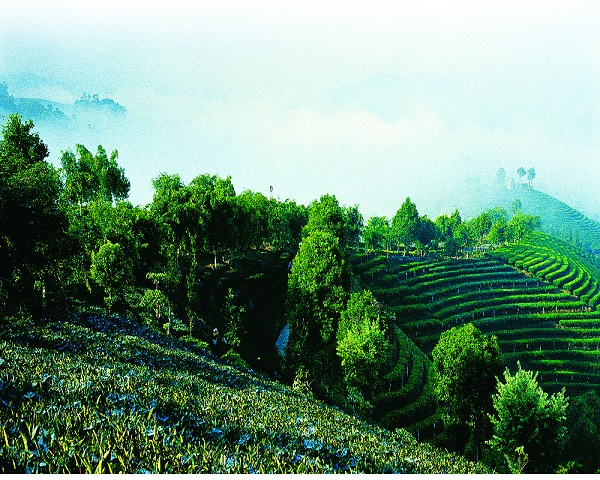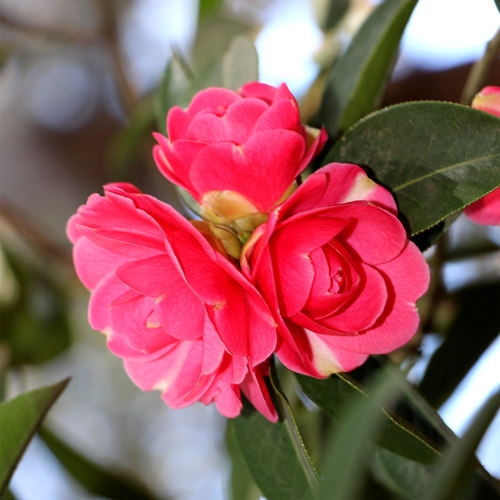
Introduction to Malong District of Qujing
Malong District, located in Qujing, Yunnan Province, China, is a region known for its rich history, diverse culture, and scenic landscapes. As one of the key districts in Qujing, Malong combines traditional charm with modern development. Here’s a detailed introduction to Malong District:
Geographical Location
Malong District is situated in the central part of Yunnan Province, within the city of Qujing. It covers an area of approximately 1,805 square kilometers. The district's terrain is varied, featuring mountains, rivers, and fertile plains. The climate is subtropical with distinct wet and dry seasons, making it ideal for agriculture and tourism.
History
Malong District has a long and rich history that dates back over a thousand years. It has been an important area throughout various Chinese dynasties, including the Tang, Song, Yuan, Ming, and Qing. The district’s historical significance is reflected in its many ancient sites and cultural relics, which tell the story of its development over the centuries.
Economy
The economy of Malong District is diverse, with major contributions from agriculture, industry, and services:
Agriculture: Malong’s fertile land supports the cultivation of a variety of crops, including rice, tobacco, vegetables, and fruits. The district is especially known for its high-quality tobacco, which is a major economic driver. Livestock farming, particularly cattle and pig rearing, also plays an important role in the local economy.
Industry: Malong has a growing industrial sector, focusing on manufacturing, mining, and processing industries. Key industries include coal mining, cement production, and food processing. The district is also exploring opportunities in renewable energy and high-tech industries to diversify its economy.
Services: The service sector, including trade, finance, education, and tourism, is becoming increasingly important. The development of infrastructure and commercial facilities has supported the growth of this sector, making Malong a more attractive place for business and tourism.
Tourism and Attractions
Malong District is known for its natural beauty, historical sites, and cultural attractions, making it a popular destination for both domestic and international tourists:
Jiulong Waterfalls: One of the most famous attractions in Malong, the Jiulong Waterfalls are a series of nine cascading waterfalls that offer breathtaking views and opportunities for photography and nature walks. The area is surrounded by lush greenery and is a favorite spot for visitors seeking natural beauty and tranquility.
Malong Ancient Town: This well-preserved ancient town offers a glimpse into the district’s historical and cultural heritage. The town features traditional architecture, narrow streets, and ancient temples that reflect the region's history. Visitors can explore local markets, try traditional foods, and experience the culture of the local people.
Bailongdong Scenic Area: Known for its stunning karst landscapes, caves, and underground rivers, Bailongdong is a popular destination for adventure seekers and nature lovers. The area offers opportunities for hiking, caving, and exploring the unique geological formations.
Cuanbaozi Tombs: These ancient tombs are significant archaeological sites that offer insight into the burial practices and cultural traditions of the region’s early inhabitants. The tombs are part of a larger archaeological complex that includes artifacts and relics from various historical periods.
Culture
Malong District has a rich cultural heritage influenced by the various ethnic groups that inhabit the region, including the Han, Yi, and Hui people. This diversity is reflected in the district’s festivals, traditions, and cuisine:
Festivals: Traditional festivals, such as the Yi Torch Festival and the Lunar New Year, are celebrated with great enthusiasm. These events feature colorful costumes, traditional dances, music, and local rituals that showcase the district's cultural diversity.
Cuisine: The local cuisine in Malong is characterized by Yunnan specialties, including "Crossing the Bridge" rice noodles, spicy grilled fish, and dishes made with wild mushrooms and herbs. Malong is also known for its locally grown tobacco, which is used to produce high-quality cigars and cigarettes.
Education and Healthcare
Malong District has made significant progress in education and healthcare, contributing to the overall well-being of its residents:
Education: The district has a range of educational institutions, including primary and secondary schools, vocational training centers, and higher education institutions. These schools provide quality education and emphasize the preservation of loc



